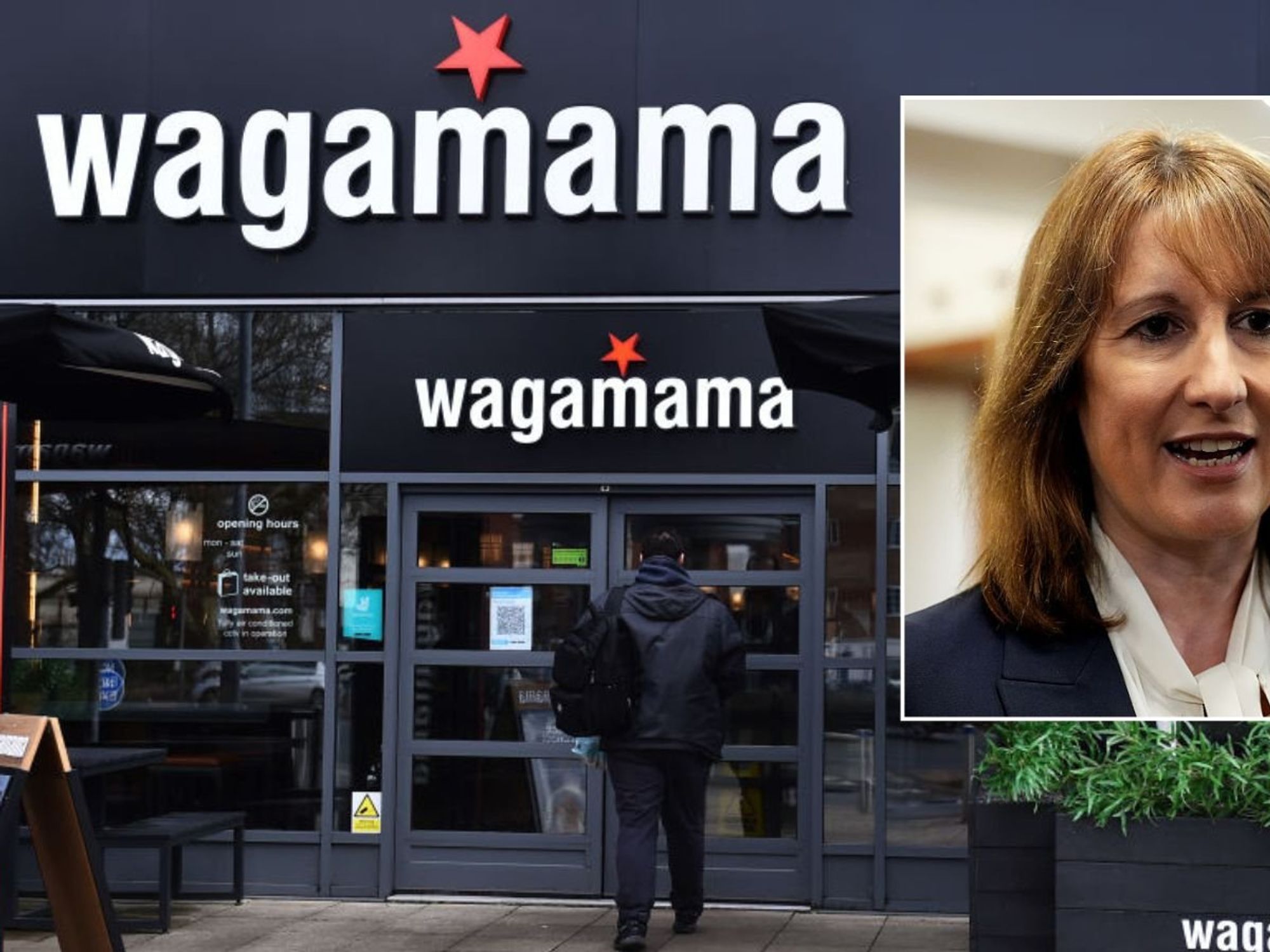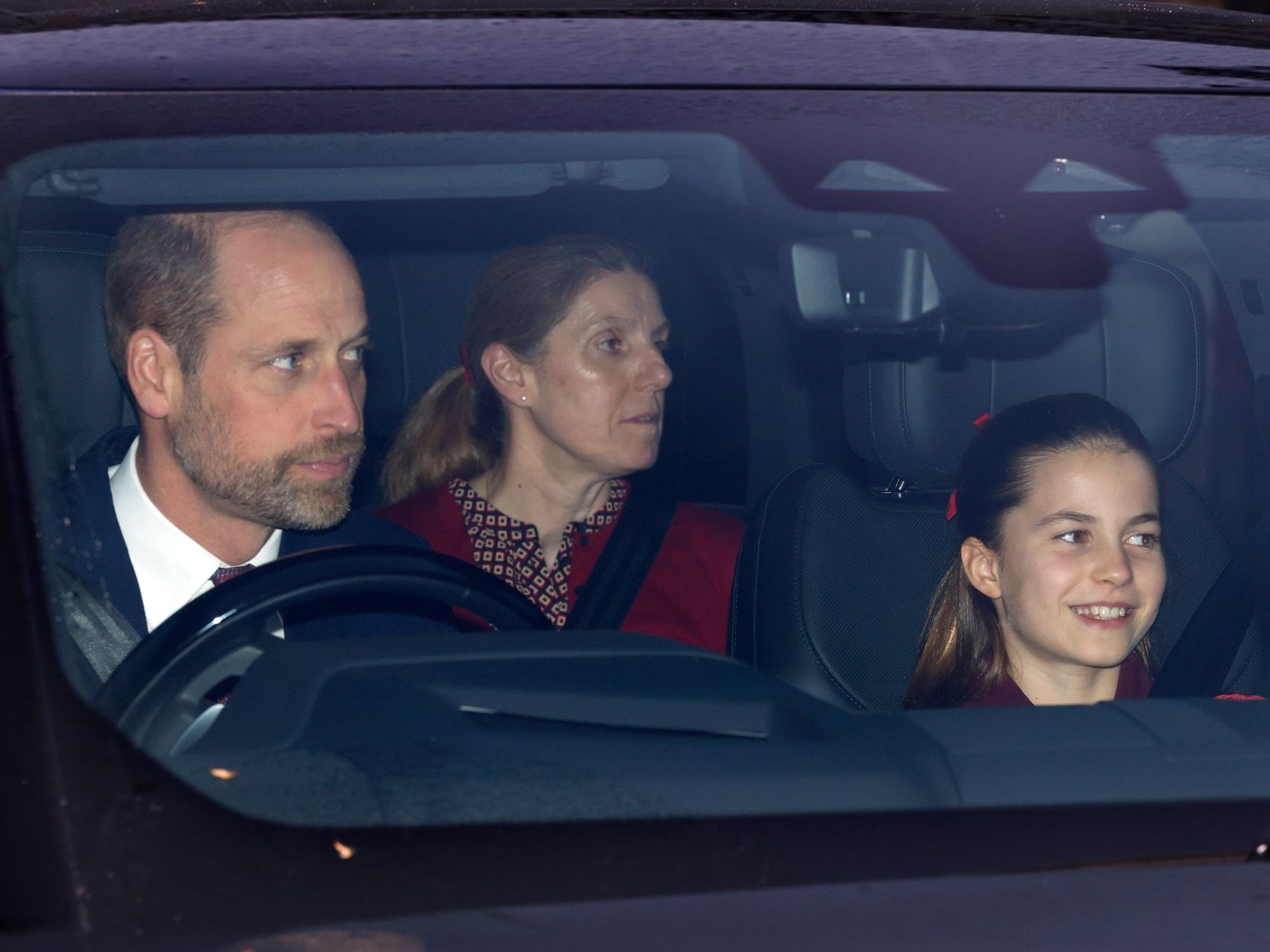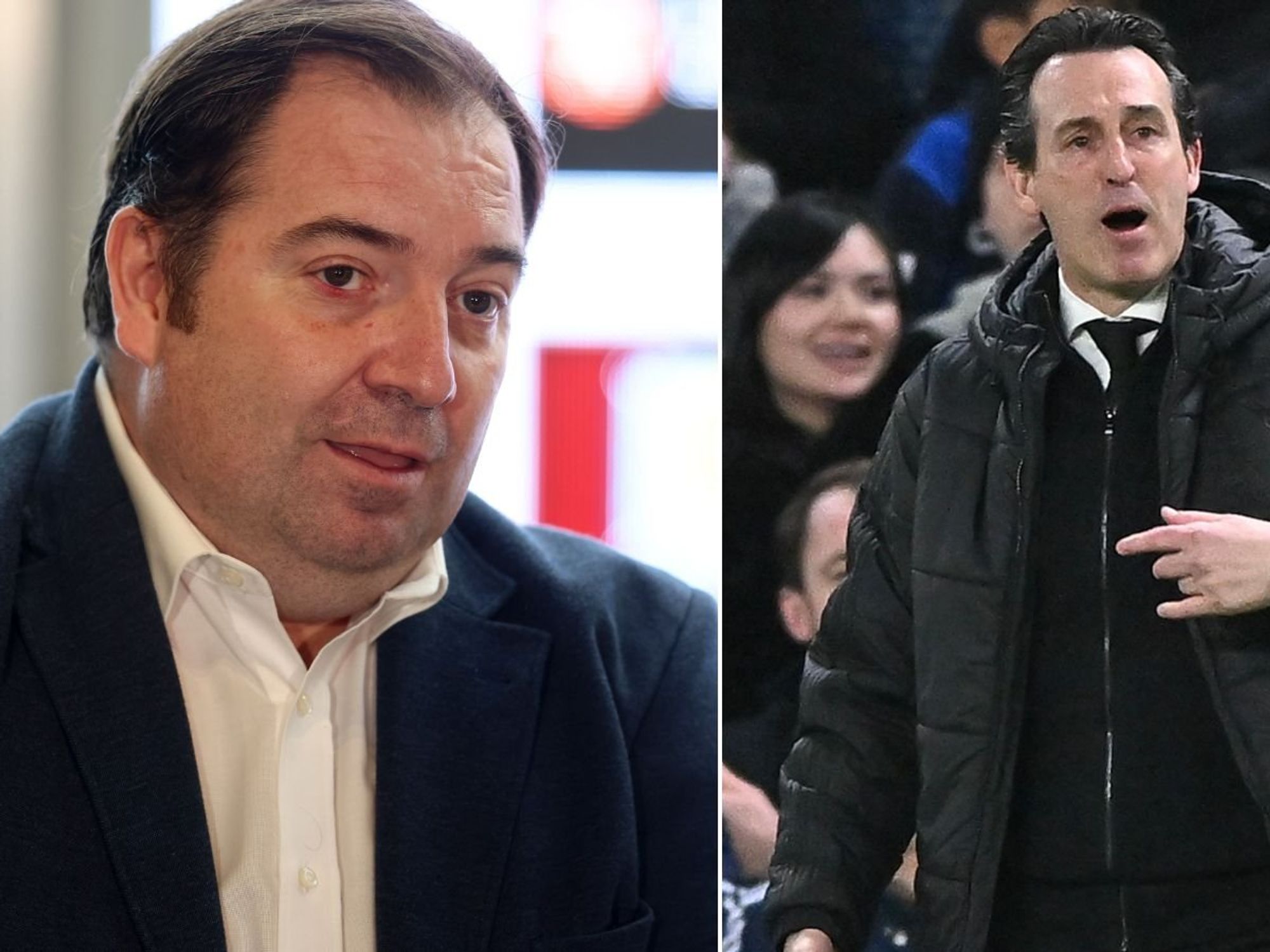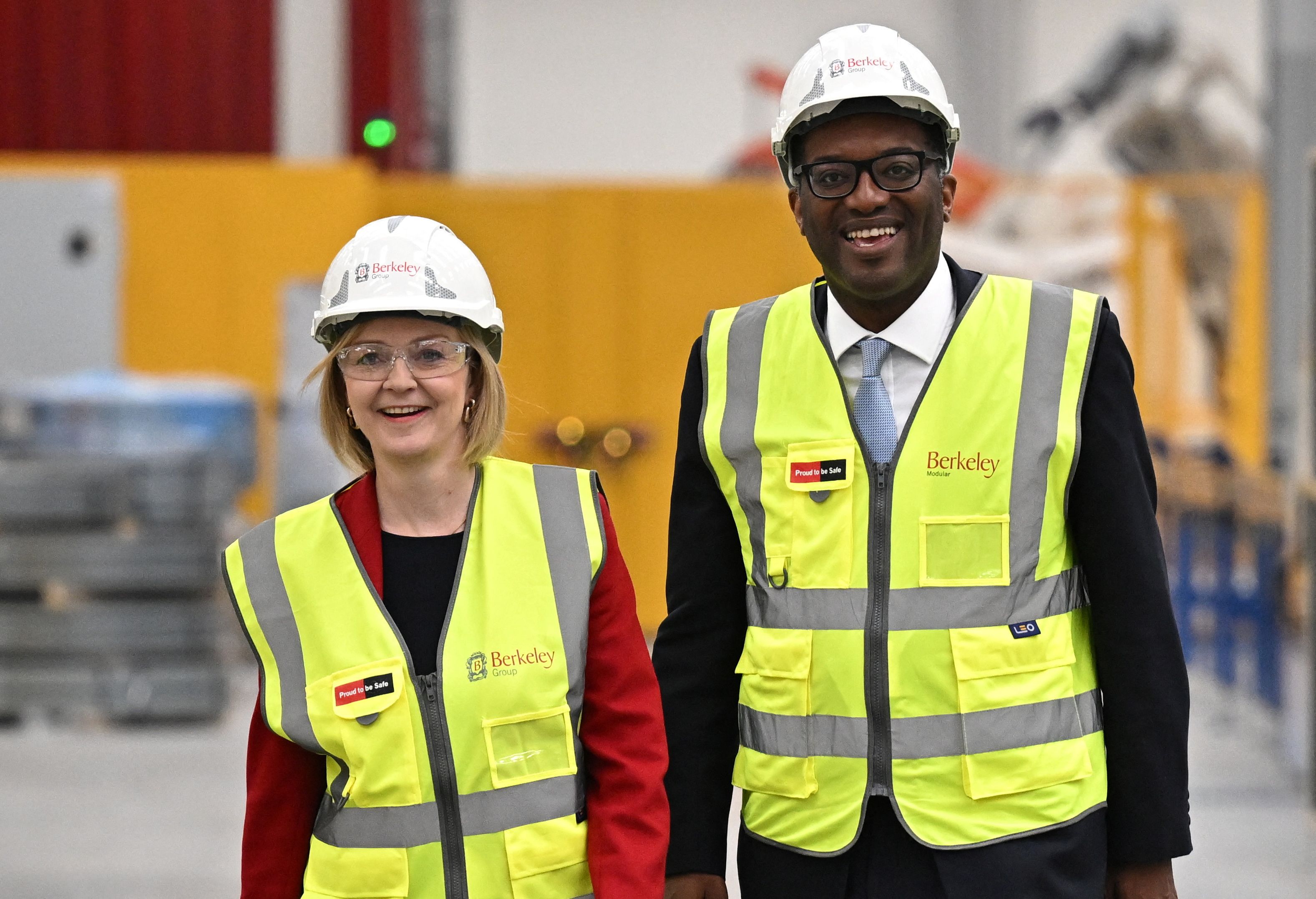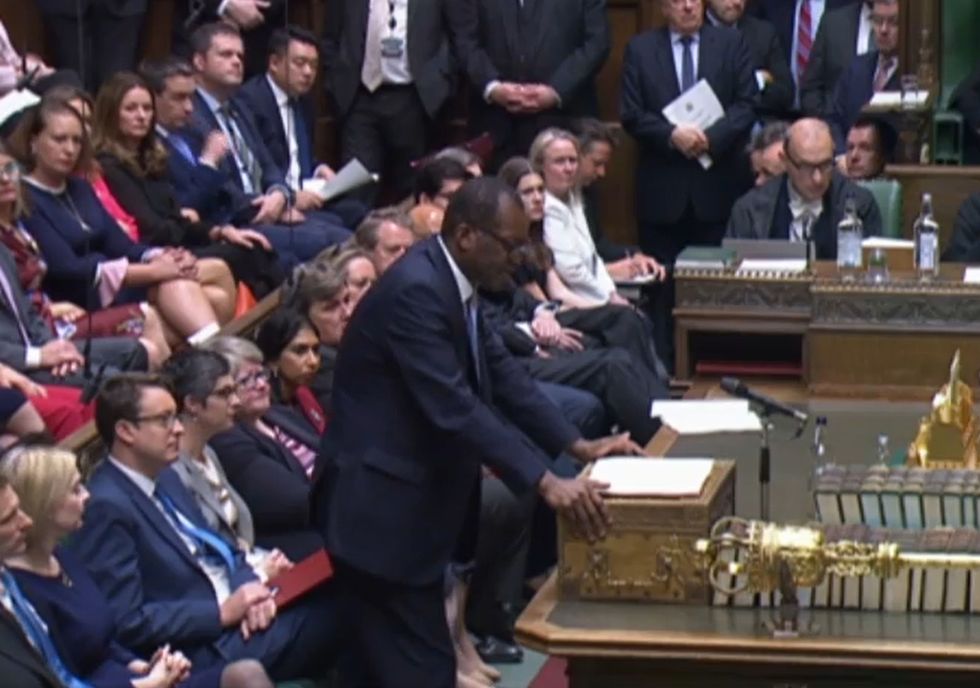Liz Truss and Kwasi Kwarteng poised for OBR meeting in bid to reassure markets
Prime Minister Liz Truss and Chancellor Kwasi Kwarteng will meet with the head of the Office of Budget Responsibility on Friday
Don't Miss
Most Read
The move is the latest effort by the pair to reassure markets and voters that the economic turmoil of recent days is under control.
Ms Truss will join Mr Kwarteng in meeting Richard Hughes, the head of the independent spending watchdog pushed to the fore amid the political and economic fallout from Friday’s mini-budget.
It comes after days of chaos in the financial markets and fears of rocketing mortgage bills sparked by the Chancellor’s mini-budget last week.
News of the meeting was welcomed by Tory MPs, who expressed hope that it could mark the start of process to win back the confidence of the financial markets.
Chair of the Treasury Select Committee Mel Stride, one of the growing caucus of Conservatives with concerns about the Government’s plans, urged the meeting to be a “reset moment”, echoing earlier calls from fellow Tory MPs for a “plan B” from the Government.
Mr Stride was also among those calling on Mr Kwarteng to bring forward his planned statement setting out how he intends to get the public finances back on track after the OBR said it could produce a preliminary set of forecasts by October 7.
The Chancellor is currently scheduled to deliver his medium-term fiscal plan explaining how he would get debt falling as a percentage of GDP, alongside the updated OBR forecasts, on November 23.
It comes as a YouGov poll for The Times showed Labour opening up a massive 33-point lead over the Conservatives, raising further questions about Ms Truss’ leadership only a few weeks into the job.
Sir Charles Walker, one Tory MP commenting on the poll, admitted that his party could be “wiped out” if an election was called tomorrow.
Former Cabinet minister Julian Smith also urged the Government to reverse course on cut to the top rate of tax, saying it must “take responsibility” for the reaction to Friday’s mini-budget.
Despite the growing unease, both the Prime Minister and Chancellor have said they are still committed to the economic plan, arguing that their £45billion package of tax cuts is the “right plan” for the economy.
Fresh details also emerged on Thursday about the lack of an independent OBR forecast to go along with the fiscal event last week, with the OBR revealing that it had prepared a draft forecast for the new Chancellor on his first day in office.
The lack of such a forecast had been one of the issues that reportedly troubled the City after the Chancellor’s announcement.
The Bank of England launched an emergency government bond-buying programme on Wednesday to prevent borrowing costs from spiralling out of control and stave off a “material risk to UK financial stability”.
It brought up to £65billion worth of government bonds – known as gilts – at an “urgent pace” after fears over the Government’s tax-cutting plans sent the pound tumbling and sparked a sell-off in the gilts market, which left some UK pension funds teetering on the brink of collapse.
On Thursday, the pound regained some ground, rising to above 1.1 dollars for the first time since last Friday.
But the FTSE 100 dropped around two percent to 6,864 – its lowest point since March this year, amid a global sell-off, while yields on the UK’s 10-year gilts were up to 4.14 percent.
Speaking in Northern Ireland, the Bank’s chief economist, Huw Pill, underlined warnings that they would have to sharply raise interest rates, noting that there was “undoubtedly a UK-specific component” to recent market movements.
His comments contrasted with Ms Truss who, in her interviews, blamed “Vladimir Putin’s war in Ukraine” for pushing up global energy prices.
For Labour, shadow chancellor Rachel Reeves called on Ms Truss and Mr Kwarteng to reverse their “kamikaze budget”.
Earlier, trade unions called for a “cast-iron guarantee” that there would be no more cuts to public spending after Treasury Chief Secretary Chris Philp confirmed Whitehall departments had been instructed to carry out an “efficiency and prioritisation exercise” in an effort to find savings.
Speaking to broadcasters, Mr Kwarteng said that despite the pressures on the public finances, the Government would maintain the state pension “triple lock” but refused to commit to uprating benefits in line with inflation.
He said: “It’s premature for me to come to a decision on that, but we are absolutely focused on making sure that the most vulnerable in our society are protected through what could be a challenge."
Prime Minister Liz Truss and Chancellor of the Exchequer Kwasi Kwarteng
Dylan Martinez
Chancellor of the Exchequer Kwasi Kwarteng delivers his mini-budget in the House of Commons
House of Commons






